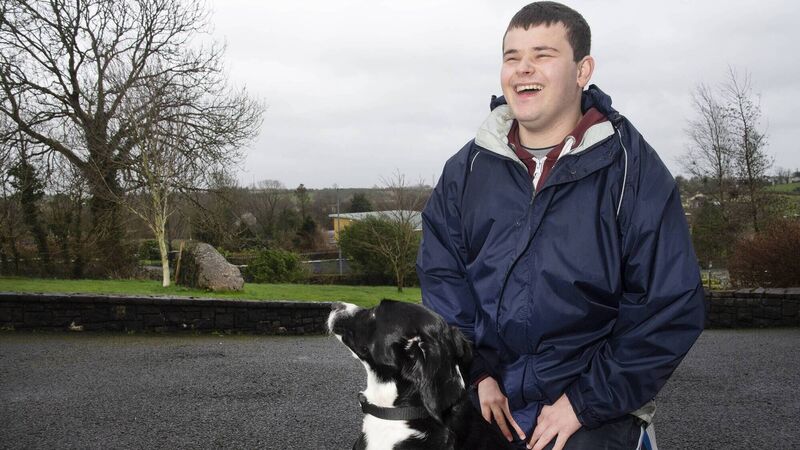Parents want pilot scheme to test communication method for non-verbal children with autism

Fiacre Ryan, now 21, learned to communicate by using the rapid prompting method. Picture: Alison Laredo
Parents have called for a pilot scheme to test out a communication method for non-verbal children with autism, which faces resistance here due to a lack of research.
It follows the success of student Fiacre Ryan, 21, who has become the first non-verbal autistic person in Ireland to publish a book.










